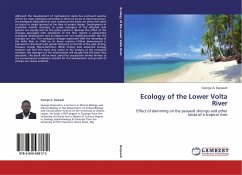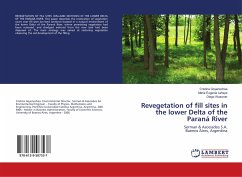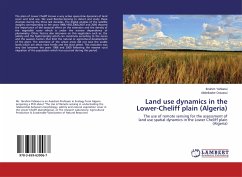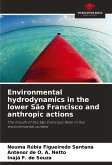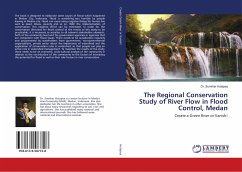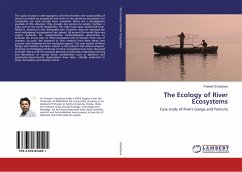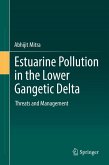Although the development of hydroelectric dams has profound positive effects on many emerging economies in terms of access to electrical power, the ecological implications of such actions on the biota are often not taken on board or simply ignored at the time of project design. Development of predictive models necessary to guide managers of the affected river systems are equally lost on the policy planners. Because the effect of the changes associated with alterations of the flow regime is gradual,the ecological modifications and its impacts are not readily perceived; but the changes are real. The ecological changes associated with the damming of the Volta River in 1964 on its lower reaches (105km downstream) is examined in this book with special reference to the life of the pink shrimp, Penaeus notialis (Perez-Farfante). While tertiary level advanced ecology students will find this book very useful in the analysis of the ecological variables, the managers of the environment willequally find this book very educative. This book will be most useful for prospective shrimp farmers as the environmental conditions needed for the development and growth of shrimps are clearly outlined.
Bitte wählen Sie Ihr Anliegen aus.
Rechnungen
Retourenschein anfordern
Bestellstatus
Storno

